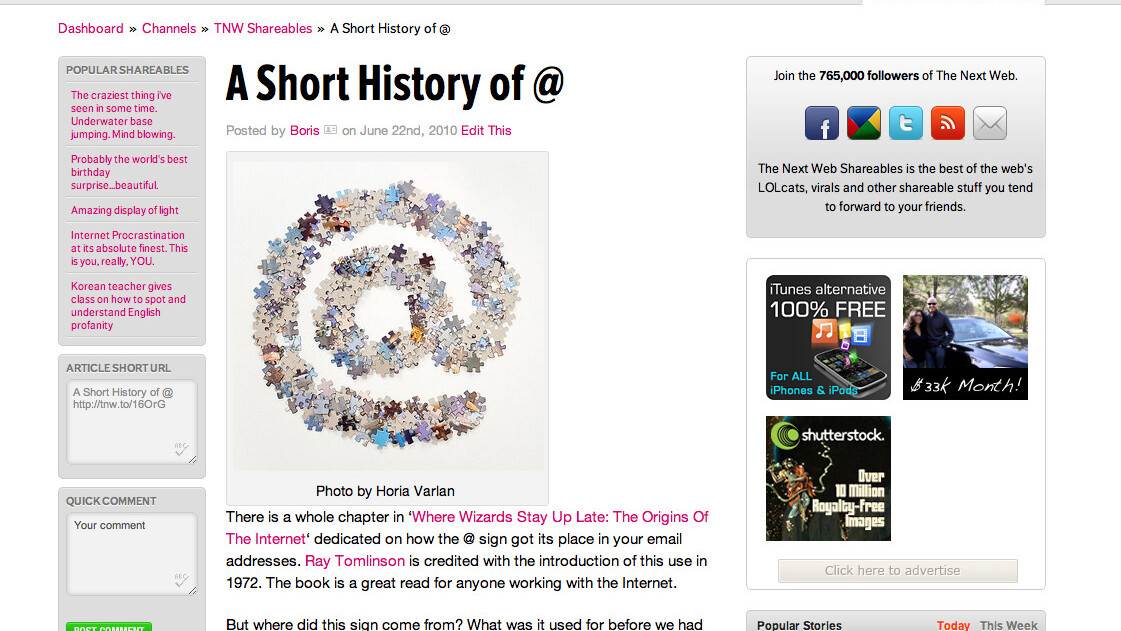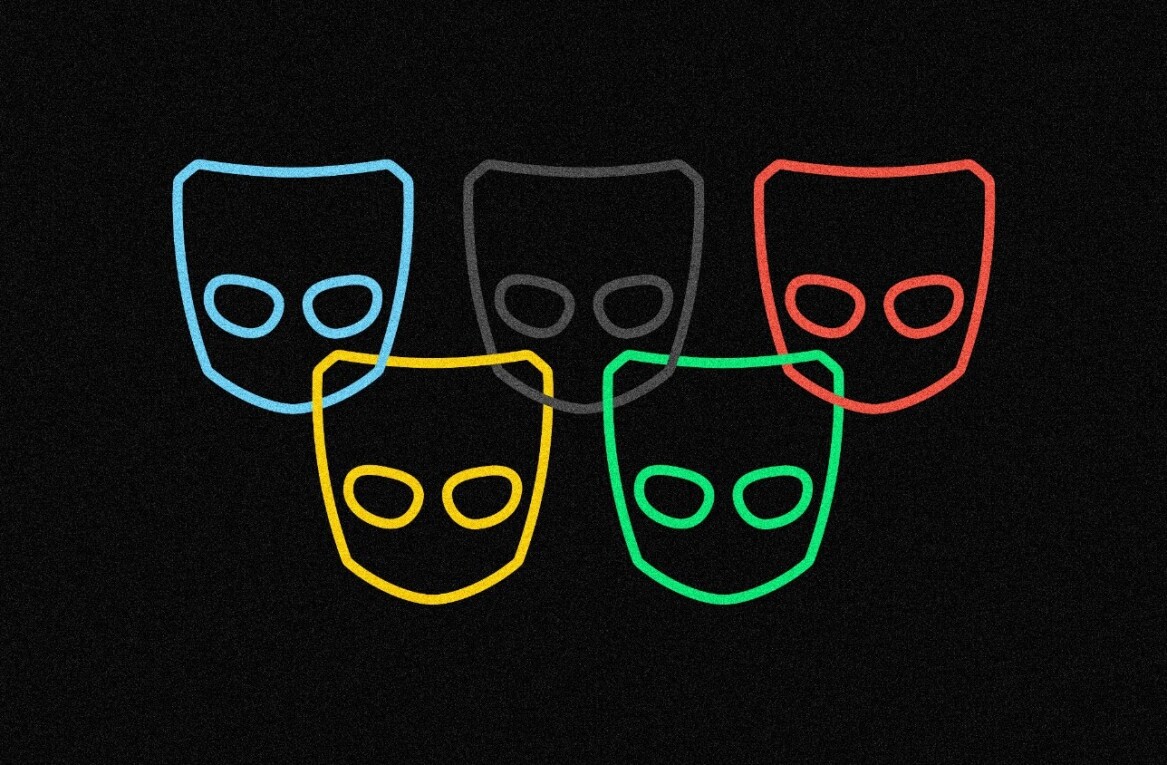
Whilst Turntable.fm might no longer be available to those of us outside the US, the resonance of its explosion into the online space is likely to be felt for some time. It may not be the first (and certainly won’t be the last) platform to mix the music curation and sharing aspects of DJing with the web but it certainly offers some new ideas – most pertinently the gaming aspect where users can rate each other and score points which can unlock increasingly funky looking avatars.
With music streaming and locker services now more or less an established means of accessing media, and with a good many content providers and music APIs available for developers to work with, the present really does feel like the perfect time for Social DJ platforms to enter the mainstream – especially with others such as Listening Room and Outloud.fm now entering the fray too. In addition to this, the fact that the masses have already become used to sharing their favorite tracks via social media when using music services such as Spotify means that the core concept behind Social DJing is already well proven and now is probably the best time for it to start evolving.
Its not just casual tune spinners who can benefit from these new platforms either, since the tight integration with the likes of Facebook and Twitter in tools such as Mixlr and Mixcloud, both of which are developed here in UK, offer professional and semi-professional DJs the chance to connect and interact with their fans in new ways and bring their music to the digital spaces where their fans already reside.
Of course, the road to such platforms being the norm will not be without its pitfalls and Turntable.fm’s recent issues with licencing will likely be echoed in the experiences of other developers trying to establish themselves in the space – much as was (and to a degree still is) the case with music streaming and locker services.
My hope is that the demand for these platforms and an easing of the restrictions around licensing will eventually mean Social DJing takes its place alongside other forms of music delivery, curation and gaming and maybe even gets embraced by rights holders as a highly engaging and interactive means of sharing those killer tracks. Of course time will tell but Turntable.fm’s recent surge in popularity likely confirms that Social DJ’ing is here to stay.
Get the TNW newsletter
Get the most important tech news in your inbox each week.




